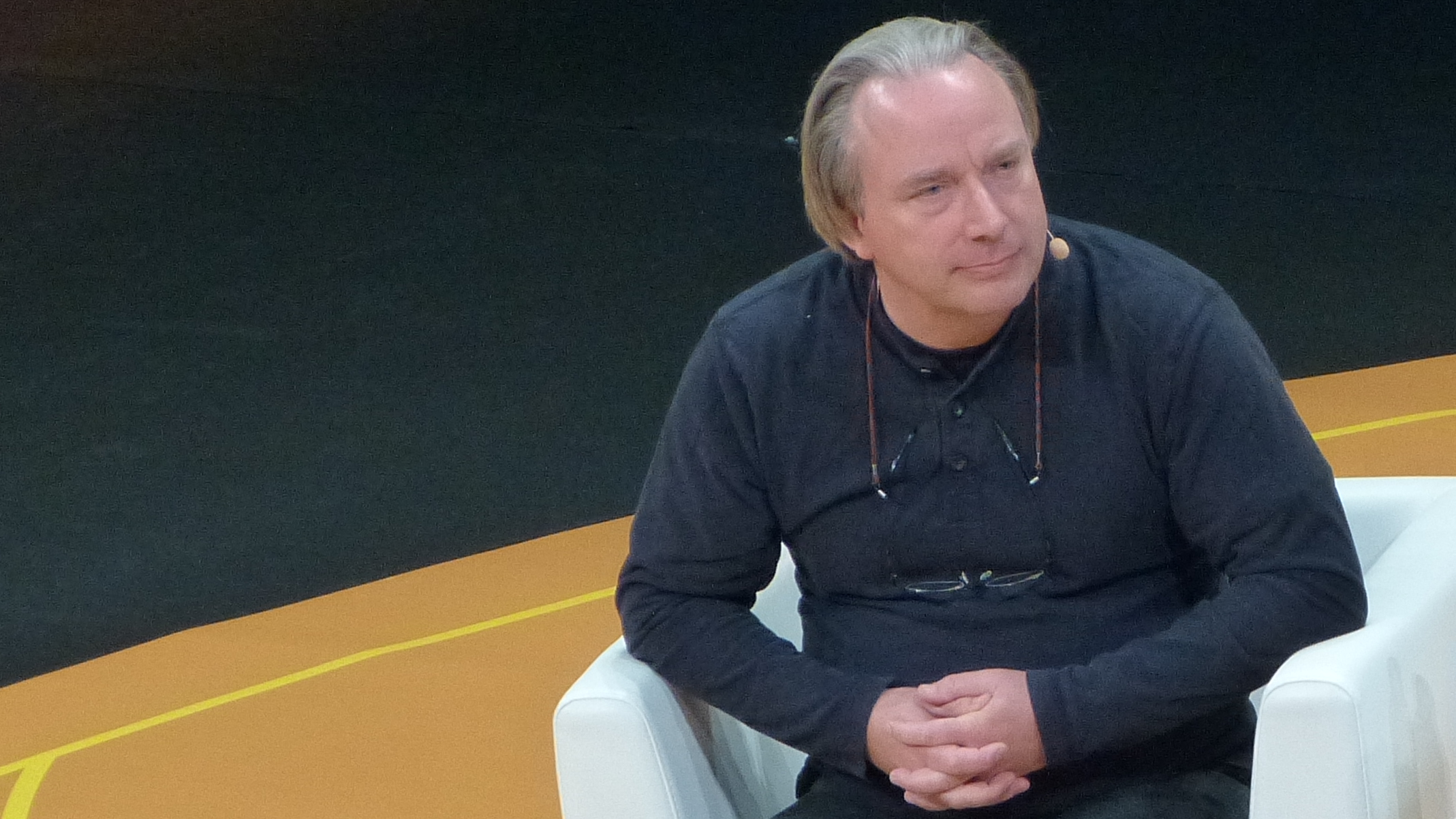New Linux release candidate cuts thousands of lines of unnecessary code
Drivers make up for two-thirds of the changes

Following the usual two-week long merge window, the first release candidate (RC) of Linux kernel v5.14 is now available, offering a peek into the expected features of upcoming launches.
The release, set to roll out in just a few week's time, is in fact a good representation of the state of the kernel development of late, with lots of code cleanup and dwarfed by the addition of new drivers.
“The fact that we removed all that legacy IDE code doesn't mean that we had a reduction in lines over-all: a few tens of thousands of lines of legacy code is nowhere near enough to balance out the usual kernel growth,” observed Linus Torvalds, the principal developer of the mainline Linux kernel.
- Here are the best Linux laptops for running Linux
- Also check our collection of the best Linux distros for business
- We've assembled a list of the best laptops for programming
Overall though, Torvalds believes that from the look of things, Linux 5.14 seems to be a “pretty regular release.”
Drivers dominate
As usual, the graphics driver improvements towered over other changes in the kernel, and once again it was led by AMD who included a whole lot of GPU hardware description headers, making up for half of the changes in this RC.
Torvalds says that even if one ignores the AMD headers, drivers still account for over two thirds of the changes in the RC, including networking drivers, sound, SCSI, media drivers, and more.
“Outside of drivers, there's all the usual suspects: architecture updates (arm, arm64, x86, powerpc, s390, with a smattering of other architecture updates too) and various core kernel updates: networking, filesystems, VM, scheduling etc,” Torvalds noted.
Are you a pro? Subscribe to our newsletter
Sign up to the TechRadar Pro newsletter to get all the top news, opinion, features and guidance your business needs to succeed!
However, the highly anticipated Google-backed support for adding Rust as a second language to the kernel wouldn’t be debuting with this release.
Although it is still early days, if the current release cycle doesn’t throw unexpected surprises, the final stable release of Linux 5.14 should be out sometime in late August or early September.
- Subscribe to Linux Format magazine for more Linux and open source goodness
With almost two decades of writing and reporting on Linux, Mayank Sharma would like everyone to think he’s TechRadar Pro’s expert on the topic. Of course, he’s just as interested in other computing topics, particularly cybersecurity, cloud, containers, and coding.
